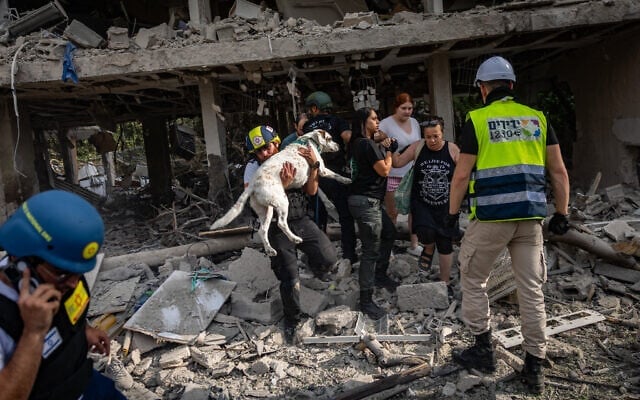News Flash
News Flash

MOSCOW, June 23, 2025 (BSS/AFP) - Russian President Vladimir Putin on
Monday slammed attacks on Iran as "unprovoked" and "unjustified" in a meeting
with Tehran's Foreign Minister Abbas Araghchi, but did not announce any
concrete support to his key ally in the Middle East.
Moscow is a crucial backer of Iran, but has not swung forcefully behind its
partner even as the United States launched strikes on its nuclear facilities
over the weekend.
"This absolutely unprovoked aggression against Iran is unjustified," Putin
said in televised remarks to Araghchi at the start of their meeting.
The Kremlin's spokesman Dmitry Peskov downplayed the exchange after the talks
by saying "they were unlikely to be effective" during such a "heated moment".
Araghchi later said the meeting was "very good" and that Russia's stance on
the issue remained "firm", noting its role in the UN Security Council. He did
not provide further details on the talks with the Russian leader.
Russia's Deputy Foreign Minister Sergey Ryabkov said revealing details of the
Putin-Araghchi meeting would have been "irresponsible" and that Russia and
Iran were working on "many directions" when asked if Tehran requested
military aid from Russia.
Since Israel launched its wave of strikes on June 13, triggering Iran to
respond with missiles and drones, Russia has not publicly offered military
help to Tehran.
Russia was "making efforts to help the Iranian people", Putin said in the
meeting, without elaborating.
Asked what specific support Russia might offer, Peskov told reporters: "It
all depends on what Iran needs. We have offered our mediation services."
Putin has pitched himself as a mediator between Iran and Israel, an idea
rejected by US President Donald Trump last week.
Peskov also said the strikes on Iran would not affect bilateral relations
between Moscow and Washington -- with the Kremlin seeking a rapprochement
with the United States since Donald Trump returned to power -- saying they
were "different issues".
Russia had called on the US not to take military action against its ally --
with Moscow-Tehran ties massively boosted during Russia's Ukraine offensive -
- and speculation has grown about how the Kremlin would react.
Nikita Smagin, an independent expert on Russia-Iran relations, said Araghchi
was likely to have delivered a plea for military aid on behalf of the Iranian
leadership.
"I don't think that the head of the Iranian foreign ministry rushed to Moscow
just to exchange concerns on the American strike," he told AFP in a comment.
Smagin speculated that Russia -- caught up in its more than three-year
Ukraine offensive -- would rather distance itself from the Israel-Iran
conflict and try to reap short-term benefits, such as higher oil prices and
advancing in Ukraine while the West's focus is on the Middle East.